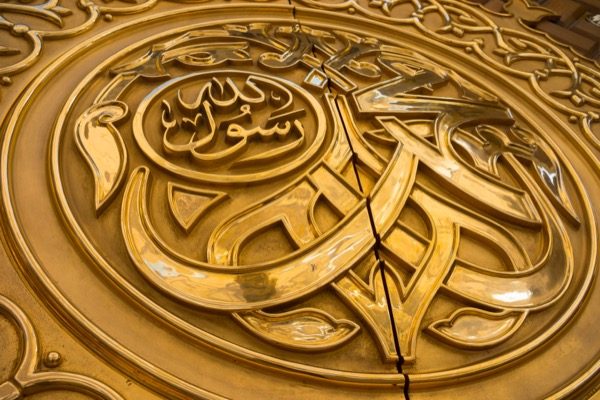
Sarmad Naveed, Canada
The holy month of Ramadan is a much anticipated time for all Muslims as it affords an opportunity of heightened spiritual awareness. Synonymous with the month and perhaps the most prominent, tangible component is fasting from dawn till dusk. Doing so serves various purposes, such as symbolizing a detachment from the world and its pursuits, and instead focusing more attention towards worshipping God. It also affords one the opportunity to experience similar conditions of hunger which far too many in the world face on a daily basis, thereby inculcating a heightened recognition of the need to serve humanity.
However, the question may arise; is fasting mandatory?
There are five fundamental pillars in Islam, which are five mandatory actions which every Muslim must strive to carry out. These are: the Declaration of Faith (Kalima Shahadah), Salat (the daily prayers), Zakat (the just distribution of wealth), Fasting and Hajj (the pilgrimage).
Hence, as part of the five fundamentals of the Islamic faith, fasting during the month of Ramadan is deemed mandatory. This stems from the commandment of God Almighty, as He states in the Holy Qur’an,
‘The month of Ramadan is that in which the Qur’an was revealed as a guidance for mankind and with clear proofs of guidance and discrimination. Therefore, whosoever of you is present at home in this month let him fast therein. But whoso is temporarily sick or is on a journey shall fast the same number of other days. Allah desires ease for you and He desires not hardship for you, and He desires that you may complete the number and that you may exalt Allah for His having guided you and that you may be grateful.’ [1]
Hence, God Almighty has clearly stated that fasting during the month of Ramadan is an obligation which must be fulfilled. However, as is the case with mandates, there are exceptions; in this case, the exception to the obligation of fasting applies to those who are ill or travelling. Therefore, fasting is an obligation for those who are of sound health, are not travelling, are of mature age and able-bodied.
It is recorded that once a bedouin went to the Holy Prophet (sa) and asked, ‘Inform me what Allah has made compulsory for me as regards fasting.’ In response, the Holy Prophet (sa) said,
‘You must fast during the entire month of Ramadan, unless you wish to fast more as Nawafil [voluntarily].’ [2]
Furthermore, the Promised Messiah and Imam Mahdi, Hazrat Mirza Ghulam Ahmad (as) states,
‘One should take it upon themselves to fulfill the obligations set out by God to the best of their abilities. With regards to fasting, God states, [3]
وَ اَنۡ تَصُوۡمُوۡا خَیۡرٌ لَّکُمۡ
meaning that if you fast, then therein lies for you and abundance of good.’ [4]
Hence, so long as one does not fall under any of the categories of exemption, fasting during the month of Ramadan is an obligation which must be fulfilled to the best of one’s abilities.
About the Author: Sarmad Naveed is an Imam of the Ahmadiyya Muslim Community who graduated from the Ahmadiyya Institute for Languages and Theology in Canada. He serves on the Editorial Board of The Review of Religions and coordinates the Facts from Fiction section. He has also appeared as a panelist and host of programmes on Muslim Television Ahmadiyya (MTA) such as ‘Ahmadiyyat: Roots to Branches.’
ENDNOTES
[1] The Holy Qur’an 2:186
[2] Sahih al-Bukhari Kitabus Saum Hadith #1891
[3] The Holy Qur’an 2:185
[4] al-Badr Vol. 1 No. 7, December 12, 1902 p. 52




Add Comment